Search Results
Showing results 461 to 480 of 1225
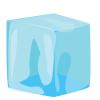
Ice Tower Excavation
Source Institutions
In this activity, learners will pretend to be archaeologist using this chilling experience.
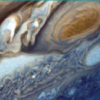
Weather Stations: Storms
Source Institutions
In this activity, learners test how cornstarch and glitter in water move when disturbed. Learners compare their observations with videos of Jupiter's and Earth's storm movements.
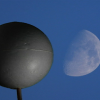
Why Does the Moon Have Phases?
Source Institutions
In this activity, learners use a simple 3D model to discover why the Moon has phases.
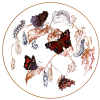
Make Your Own Butterfly
Source Institutions
In this activity (on the left side of page 5, continued on the right side of page 4 of the PDF), learners make models of colorful butterflies.
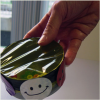
Make a Shaker
Source Institutions
This hands-on activity shows you how to make a shaker -- a small instrument with a big sound! Fill it with beads or even pennies for a cool sound.
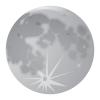
Creating Craters
Source Institutions
In this activity, learners will investigate how craters are made and the different factors that contribute to size left from the impact.
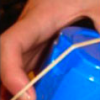
Making Vocal Cords
Source Institutions
In this activity, learners imitate the way vocal cords work by building a model from a plastic cup, rubber band, and a straw.
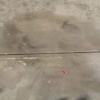
Kid Moon: Splat!
Source Institutions
In this activity, learners model ancient lunar impacts using water balloons.
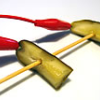
Pickle-oh!: Musical Pickle Instrument
Source Institutions
What's a Pickle-Oh? Two pieces of pickle on a stick are connected to a Pico Cricket (micro controller). When you slide the pickles apart the note changes.
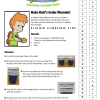
Make Matt's Coder/Decoder
Source Institutions
In this Cyberchase activity, learners make decoders to send and receive secret messages. Learners make the device out of two 8-ounce cups and two code strips.
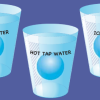
What Counts in Bounce
Source Institutions
In this activity learners compare the bounciness of warm and cold racquetballs to see if temperature makes a difference in how well they bounce.
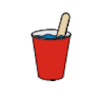
Playtime Paint
Source Institutions
In this activity on page 9 of the PDF, learners make their own paint using chalk as a pigment and glue and water as binders. This activity introduces learners to special mixtures called suspensions.

The Pulse is Right
Source Institutions
In this online activity, learners measure their pulse rates and investigate how their pulses change when they engage in different activities.
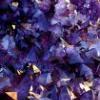
Crystal Gardens
Source Institutions
In this activity, which requires adult supervision, learners get to explore the awesome power of chemistry.
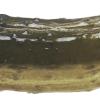
Glowing Pickle
Source Institutions
In this activity, high voltage is applied across a pickle to emit a yellow glow. This activity should only be conducted by skilled adults and is best suited as a demonstration.

Short Circuit
Source Institutions
In this activity about electricity, learners explore what happens when you blow a fuse.
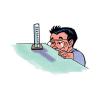
Change in Temperature: Endothermic Reaction
Source Institutions
Learners investigate signs of a chemical reaction when they mix vinegar and baking soda. In addition to a gas being produced, learners also notice the temperature decreases.
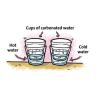
Temperature Affects the Solubility of Gases
Source Institutions
In this activity, learners heat and cool carbonated water to find out whether temperature has an effect on how fast the dissolved gas leaves carbonated water.
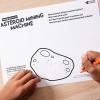
Exploring the Solar System: Asteroid Mining
Source Institutions
In this activity, learners will imagine the challenges and opportunities of asteroid mining.
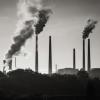
Resource Hunt
Source Institutions
In this activity, learners explore nonrenewable resources and learn why these resources are finite.
